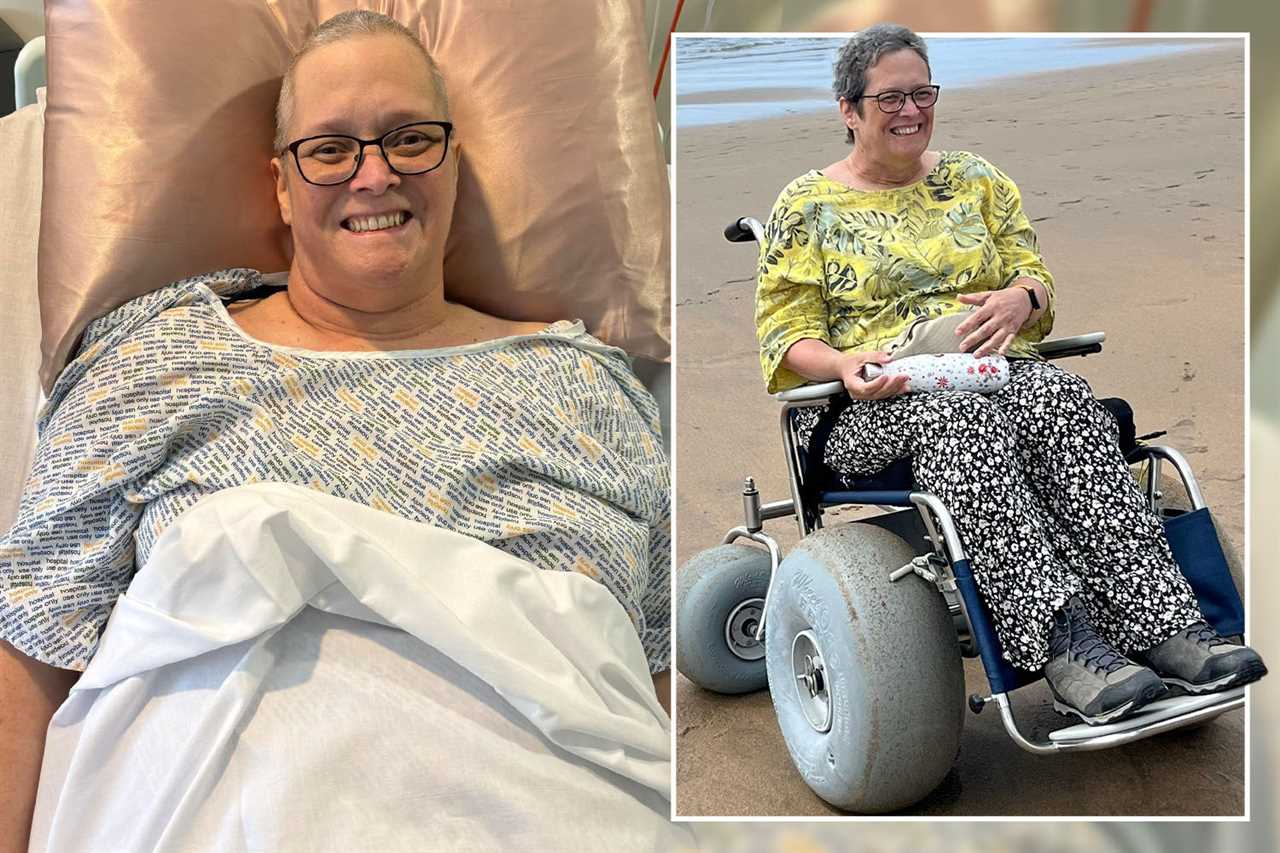
In a poignant turn of events, Karen Davey, a vibrant 54-year-old, finds herself wheelchair-bound following a misdiagnosis that linked her cancer symptoms to a gardening mishap. Initially dismissed as back pain and tingling toes from gardening, these subtle signs escalated into a debilitating condition that stripped Karen of her mobility, underscoring the intricate nature of health assessments.
Anatomy of Misdiagnosis: Symptoms Dismissed Amid Rising Cancer Rates
Amidst a backdrop of increasing cancer prevalence, Karen's misdiagnosis highlights the challenges individuals face when symptoms are misattributed. As her health deteriorated, early signs of cancer were mistaken for menopausal discomfort and minor ailments, illustrating the critical need for vigilant and thorough medical evaluations.
Medical System Struggles: Navigating Complex Symptomatology
Karen's journey through misdiagnosis reveals the intricate interplay between symptom presentation and diagnostic interpretation. Her experience sheds light on the complexities within the medical system, where nuanced symptoms can often be overlooked or inaccurately linked to unrelated causes, leading to profound consequences for patients.
Repercussions of Delayed Diagnosis: Life-Altering Impact of Misinterpretation
As Karen grapples with the aftermath of a delayed cancer diagnosis, the profound impact on her life and mobility is palpable. The ripple effects of misinterpretation resonate deeply, calling attention to the necessity of timely and accurate diagnostic procedures to prevent such devastating outcomes.

In a world where misdiagnoses can have far-reaching consequences, Karen's story serves as a poignant reminder of the fragility of health and the imperative of comprehensive medical evaluations. As we reflect on her journey, it becomes evident that a nuanced understanding of symptoms and a vigilant healthcare approach are paramount in safeguarding individual well-being.






